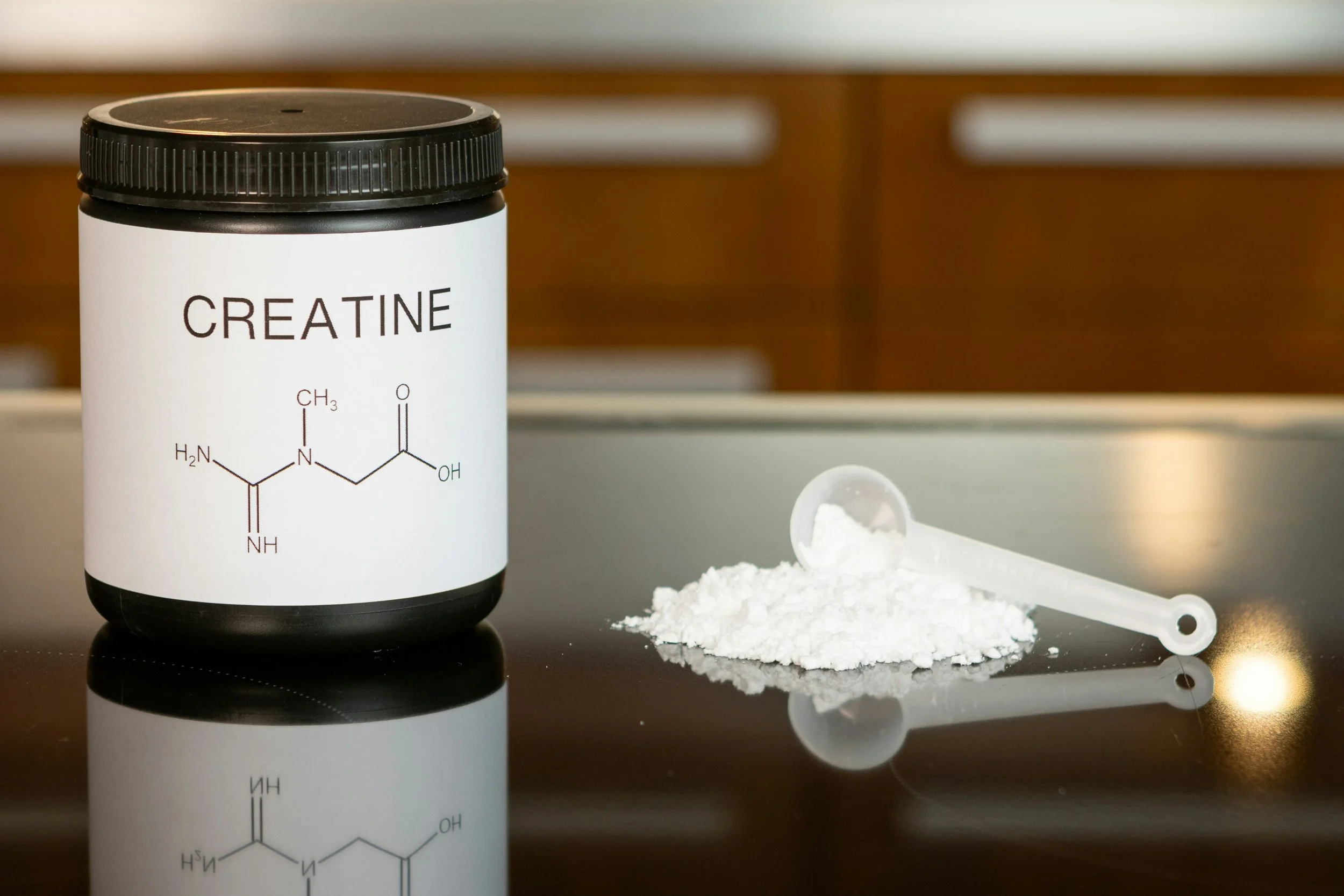Welcome back to All Things Running with Sonja & Jen. Today on the blog Sonja is going to discuss how our gut influences our running.
The Gut-Runner Connection: How Gut Health Affects Competitive Runners
As competitive runners, we are constantly seeking ways to improve our performance and gain a competitive edge. While factors like training, nutrition, and mental strength are obviously emphasized, one crucial aspect that is often overlooked is gut health. The gut, often referred to as the "second brain," plays a significant role in overall health and can have a profound impact on a runner's performance. In this article, we will explore the connection between gut health and competitive runners, highlighting the importance of maintaining a healthy gut for optimal performance.
The Gut Microbiome and Its Role:
The gut microbiome refers to the trillions of microorganisms residing in our digestive system. These microorganisms, including bacteria, viruses, and fungi, play a crucial role in maintaining gut health. They aid in digestion, nutrient absorption, and even influence our immune system and mental well-being. A balanced and diverse gut microbiome is essential for overall health, and it can significantly impact a runner's performance.
Improved Nutrient Absorption:
Competitive runners require a well-balanced diet to meet their energy demands and support their training. However, even with a healthy diet, poor gut health can hinder nutrient absorption. An imbalanced gut microbiome can lead to inflammation, leaky gut syndrome, and impaired nutrient absorption. This can result in nutrient deficiencies, reduced energy levels, and compromised recovery, ultimately affecting a runner's performance.
Enhanced Immune Function:
Intense training and competitions put a significant strain on the immune system, making runners more susceptible to infections and illnesses. The gut microbiome plays a vital role in regulating immune function. A healthy gut microbiome helps strengthen the immune system, reducing the risk of infections and allowing runners to maintain consistent training schedules. On the other hand, an imbalanced gut microbiome can weaken the immune system, leading to frequent illnesses and setbacks in training.
Reduced Inflammation and Improved Recovery:
Inflammation is a natural response to exercise, but excessive or chronic inflammation can hinder performance and delay recovery. The gut microbiome plays a crucial role in regulating inflammation levels in the body. An imbalanced gut microbiome can lead to increased inflammation, which can negatively impact a runner's performance and recovery. Personally, I have experienced sluggishness, severe bloating, joint pain, and even shortness of breath from inflammation in my gut. Conversely, a healthy gut microbiome can help reduce inflammation, allowing runners to bounce back faster and perform at our best.
Mental Well-being and Performance:
Competitive running requires mental strength and focus. Surprisingly, the gut-brain axis, the bidirectional communication between the gut and the brain, plays a significant role in mental well-being. The gut microbiome produces neurotransmitters like serotonin, dopamine, and GABA, which influence mood, cognition, and overall mental health. An imbalanced gut microbiome can lead to mood disorders, anxiety, and even depression, affecting a runner's mental state and performance.
Maintaining a Healthy Gut:
To optimize gut health, competitive runners should focus on a few key strategies:
Note: First and foremost, if you are already experiencing gut issues such as reflux, indigestion, low grade nausea, or bloating you may need to detox or cleanse your gut prior to restoring it with the steps below. There are helpful products for this such as the Gut Cleanse system from Silver Fern Brand which contain natural ingredients to aid in cleaning any toxins from the upper GI in particular. I am using this system myself due to gut issues caused from occasional dysautonomia flares. I am about 2 weeks into the 30 day gut cleanse protocol and I have definitely noticed a positive difference. During the cleanse period it is also wise to follow a FODMAP meal plan as closely as possible.
Once you have attained gut equilibrium (which you will recognize due to lack of symptoms), the following recommendations will help restore the gut.
1. Balanced Diet: Consume a diet rich in fiber, whole grains, fruits, vegetables, and lean proteins to support a diverse gut microbiome.
2. Probiotics and Prebiotics: Incorporate probiotic-rich foods like yogurt, kefir, sauerkraut, and kimchi, as well as prebiotic foods like garlic, onions, and bananas, to promote a healthy gut microbiome.
3. Hydration: Proper hydration is essential for maintaining gut health. Drink enough water throughout the day to support digestion and nutrient absorption.
4. Stress Management: Chronic stress can disrupt the gut microbiome. Incorporate stress management techniques like meditation, yoga, or deep breathing exercises to support gut health.
5. Pro-Active Gut Protocol for Race Day and Intense Workouts: I often hear my running clients and friends mention the issues they have with their gut particularly during/after hard workouts, long runs, and on race day. We produce more acid in our gut during intense physical activity. Women are especially prone to gut issues at certain times due to hormonal fluctuations. Planning ahead and using the correct pre workout/race nutrition is a huge factor. Avoid high fat, high fiber and dairy foods 24 hours prior to the workout or race. Stick to light, high glycemic foods that are easy to digest. I have also found that chewing on a few Tums (antacids) prior to my races or really hard workouts definitely helps with this issue. Once the gut is fully restored and healthy this sensitivity to intense physical activity should gradually improve.
As competitive runners we should recognize the vital role that gut health plays in our overall performance. By prioritizing gut health through a balanced diet, probiotics, hydration, and stress management, we can optimize our gut microbiome, enhance nutrient absorption, strengthen our immune system, reduce inflammation, and improve mental well-being. A healthy gut will not only support our running goals but also contribute to our overall well-being.
Sonja and Jennifer are sharing their personal experiences. This is being provided for informational purposes only. We are not giving medical advice and you should always consult your own doctor for advice related to your own health.








































